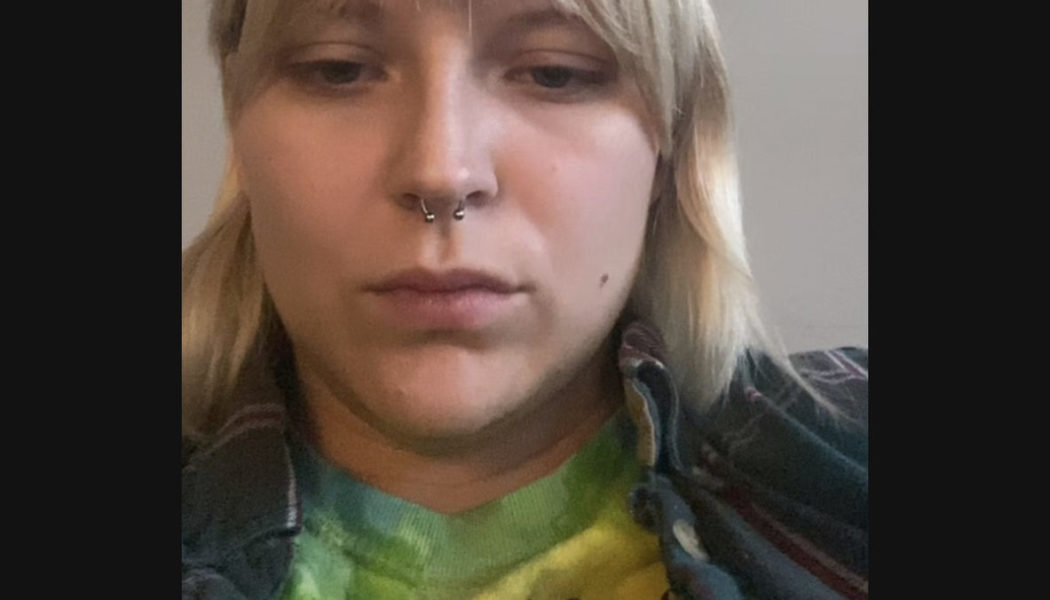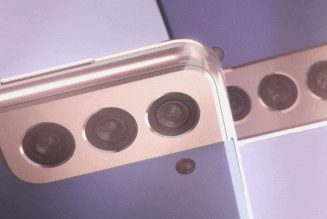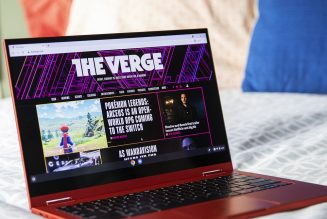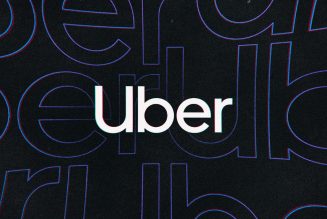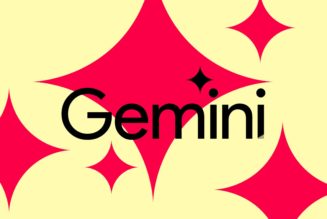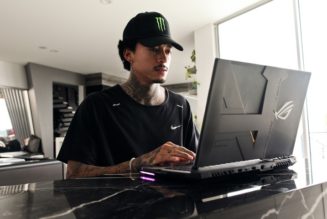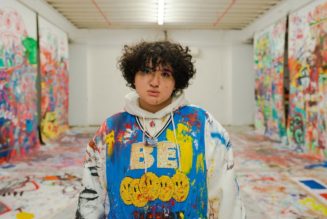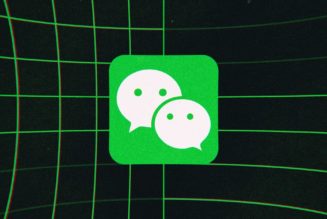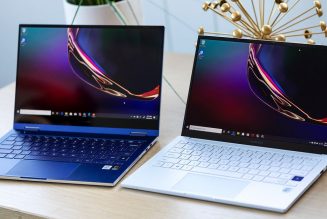TikTokers have demonstrated that Disney’s text-to-speech TikTok voice, meant to sound like Rocket the Raccoon, would refuse to read words like “gay,” “lesbian,” or “queer” out loud. This decision seems to have been reverted — you can now get the voice to read out those words, but it’s unclear why it was happening. The change, however, is very recent — The Verge confirmed that the voice wouldn’t say the words, but it started to do so in a subsequent test minutes later on Monday afternoon. TikTok hasn’t commented on why this happened, but videos posted to highlight the issue still have the words blanked out.
Rocket’s voice was introduced to TikTok’s text-to-speech feature as part of a Disney Plus Day promotion last week. Other voices, like C-3PO and Stitch from Lilo and Stitch, are also supposed to be part of the promotion, but unlike Rocket’s voice they have to be unlocked by using secret phrases.
Prior to the change, Rocket’s voice would skip over the words mentioned above (but seemed to have no issue with words like “transgender” or “bisexual”), though you could easily get the character to say it with phonetically similar misspellings like “qweer.” Trying to make it read text that only contained one of the banned words would result in an error saying that text-to-speech wasn’t supported for the language. TikTok’s own built-in, non-Disney voices would read the word “gay” just fine, either by itself or in a sentence.
A TikTok making the rounds shows what would happen before the change — Rocket wouldn’t say words like “gay” or “queer,” but would say “homophobic.”
:no_upscale()/cdn.vox-cdn.com/uploads/chorus_asset/file/23017306/IMG_1134.PNG)
Disney has never had a great track record when it comes to LGBTQ representation — many of its iconic villains have historically been queer-coded (something you couldn’t say using Rocket’s voice), and its more recent efforts at representation have been limited to single scenes or lines that are easy to edit out. TikTok also has a history of repeatedly breaking the intersex tag that activists used for activism and education, which the company claimed was a mistake.
Still, outright censoring words about queer identities seems like a stronger step than either company would usually take in 2021. It’s unclear what led them to do so in the first place, and why the decision was reversed. Neither Disney nor TikTok immediately responded to repeated requests for comment.
It’s always possible that this was implemented for well-meaning, if not misguided purposes — bullies have long used both gay and lesbian in an attempt to insult people who don’t identify as such. However, it’s hard to imagine a more effective bullying tactic than literally preventing queer people from talking about their identities.
While it’s understandable that Disney wouldn’t want its characters’ voices reading things that aren’t family-friendly like serious swears or slurs (though it’s worth noting that Rocket tosses out phrases like “jackass” and “douchebag” in Guardians of the Galaxy), we’re well past the point where labeling LGBTQ+ people’s identities as antithetical to family values is acceptable.
It should go without saying that many families include queer people, including ones that are children in Disney’s target demographic, who may want to use TikTok’s text-to-speech feature to talk about their lives and experiences. While it’s good that this decision appears to have been reversed (though it’s unclear why or by whom), it’s one that shouldn’t have been made in the first place.
